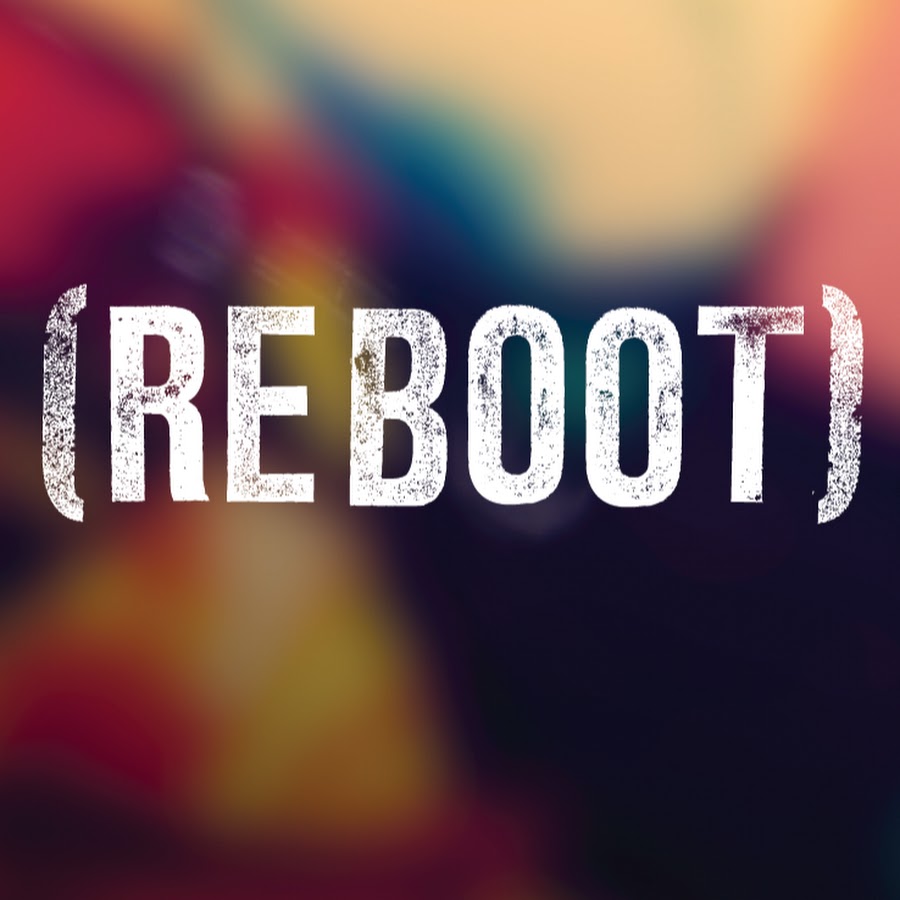
I see more and more stories about banks messing up customer accounts, system outages, data mismanagement, issues with technology and more. This is the one thing a bank cannot mess up.
Airlines may mess up a booking; Amazon may mess up a delivery; BT or AT&T may mess up a connection; but a bank messing up a customer balance or a customer’s access to their account? On a scale of criminal, the bank is #1.
It sits there with things like flying and taking drugs. If your airplane crashes once, it’s terrible but you still might fly with them; if it crashes every day, then I’m not flying with you. If your paracetamol gets rid of my headache, it’s acceptable; if it gives me liver cancer, then I should not be taking this drug.
This is exactly how banking and payments sits in our world. If I send money to my mom, she should get the money; if it doesn’t arrive, that’s a plane crash; if it doesn’t arrive and I call you and you still cannot sort it out, that’s a terminal illness.
However, what happens if the network goes down? What happens if someone pulled the cable, and everything shuts down? What happens if nothing can move or transact between anyone, anywhere?
Well, it’s a false question, as it’s like asking what happens if the electricity stops? What happens if the planes don’t fly? What happens if the drugs don’t work?
The thing about humanity is that we are always moving forward, onwards and upwards. We make progress every day. We innovate and invent non-stop, and the result is that the bedrock of our world today, which we take for granted, only came around in the last decades.
We used to light our homes with candles; we only had vaccinations over the past 200 years thanks to Edward Jenner; and the idea of flying around the world was a weird one until after the last World War.
Therefore, in the context of moving forwards, onwards and upwards, innovating and creating non-stop change, that’s what’s happening with banking today. Banking has only existed for a few hundred years in its current shape and form, and now it is being automated and changed.
Thing is, as I’ve blogged about over the last two days:
It is not an evolution of old banking. It’s a completely new form of banking. In fact, it’s a completely new form of everything.
What this demands is a refresh, renewal and reboot of old banking and, as demonstrated by so many IT outages in old banks, it needs to be done fast.
Chris M Skinner
Chris Skinner is best known as an independent commentator on the financial markets through his blog, TheFinanser.com, as author of the bestselling book Digital Bank, and Chair of the European networking forum the Financial Services Club. He has been voted one of the most influential people in banking by The Financial Brand (as well as one of the best blogs), a FinTech Titan (Next Bank), one of the Fintech Leaders you need to follow (City AM, Deluxe and Jax Finance), as well as one of the Top 40 most influential people in financial technology by the Wall Street Journal's Financial News. To learn more click here...

